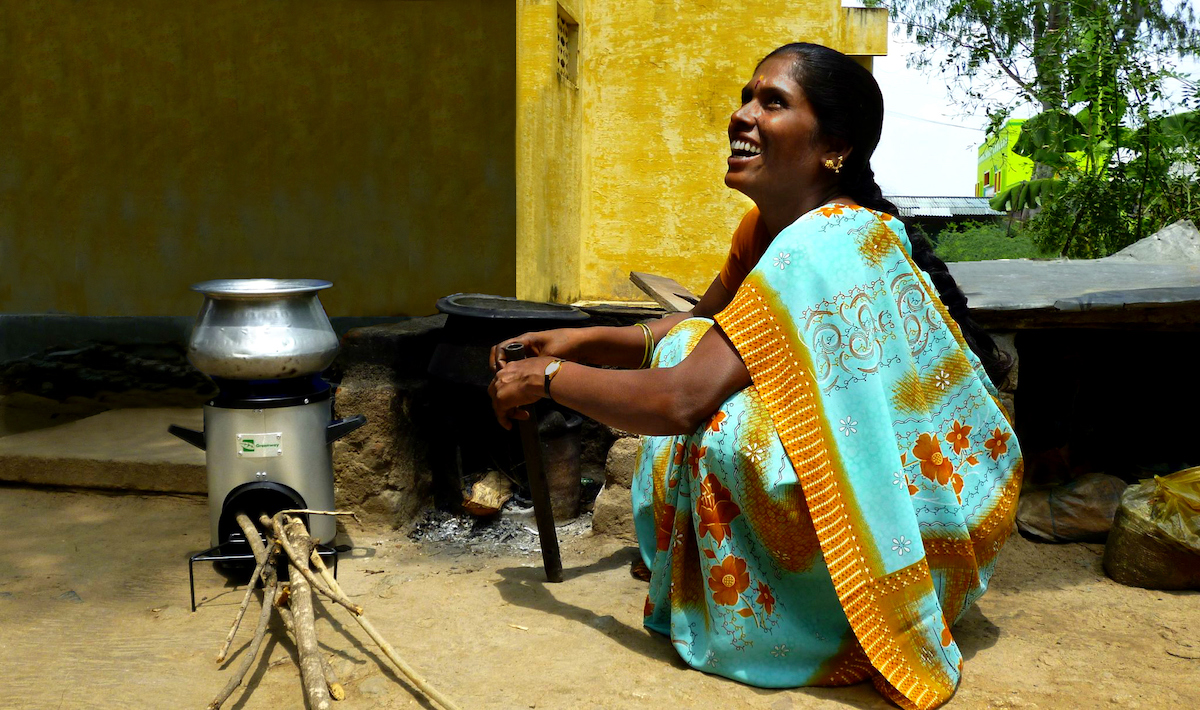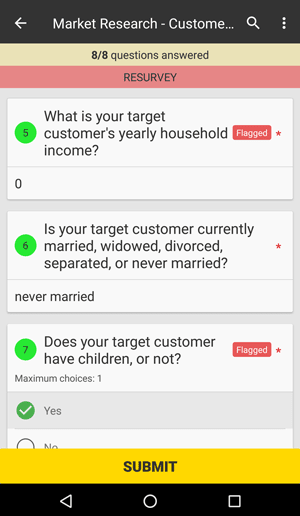
Case study

Case study
Udaipur Urja Initiatives provides eco-friendly, efficient cookstoves in rural Rajasthan, India, to improve health and reduce emissions. They used Collect, our mobile data collection app, to conduct baseline studies, track stove usage, and improve their design and distribution.
Over 3 billion people cook their food on open fires using solid fuels like wood. This releases potent greenhouse gases that have a strong negative impact upon the health of local populations. Past studies suggest burning wood fuel is responsible for approximately 2% of global CO2 emissions. Emissions from poorly ventilated residential cookstoves are thought to be responsible for around 370,000-500,000 premature adult deaths each year.
Seva Mandir implemented the Cookstove Project through the Udaipur Urja Initiatives Producer Company Ltd (UUI). The primary goal of the Cookstove Project was to provide more eco-friendly, efficient stoves to rural populations in Rajasthan.
UUI needed to collect data about village inhabitants — ranging from general information about households' family members to household wood consumption patterns — to effectively carry out this initiative. Such data would help to ensure they allocated the new stoves efficiently.
SocialCops partnered with Udaipur Urja Initiatives to help its team survey villages in Girwa tehsil (block) such as Kara, Patiya, and Saru. They used Collect, our mobile data collection app, to create a comprehensive survey form and capture data from these villages.
The responses were used as design inputs for the eco-friendly stoves. This data also provided insights that helped Udaipur Urja Initiatives plan distribution of the new cookstoves.
First, field staff gathered baseline economic data about target households.
Over time, staff returned to collect information about stove usage.
Since these villages were remote, data had to be collected without internet.
With everything from simple subjective questions to complex tabular questions, collecting comprehensive data was no problem.
Our simple web dashboard made creating a form as easy as writing an email. Admins could build a custom survey in no time.
Admins could set rules on numerical questions, geographic boundaries on GPS points, selection limits for multiple choice questions, and more.
Layers of skip logic made each form quicker and easier. Admins can choose to link together multiple questions, or even link entire forms.
With 18,500 families to reach, Udaipur Urja Initiatives had to move quickly. Features like local language capability and an intuitive UI/UX made learning Collect a breeze.
Collect's offline syncing feature enabled data collection from remote locations in an electronic form, which allowed UUI's surveyors to collect information and sync it subsequently.
Surveyors used Collect to capture evidence-based pictures of the households surveyed. These pictures were geo-tagged to precise locations so they could be detected and mapped. This ensured accuracy and transparency.

The survey administrators could review the data in real time. Inadequate responses (i.e. unclear pictures that didn't capture the full facility) could be flagged and surveyors would have to send the data again.
Learn more about Collect